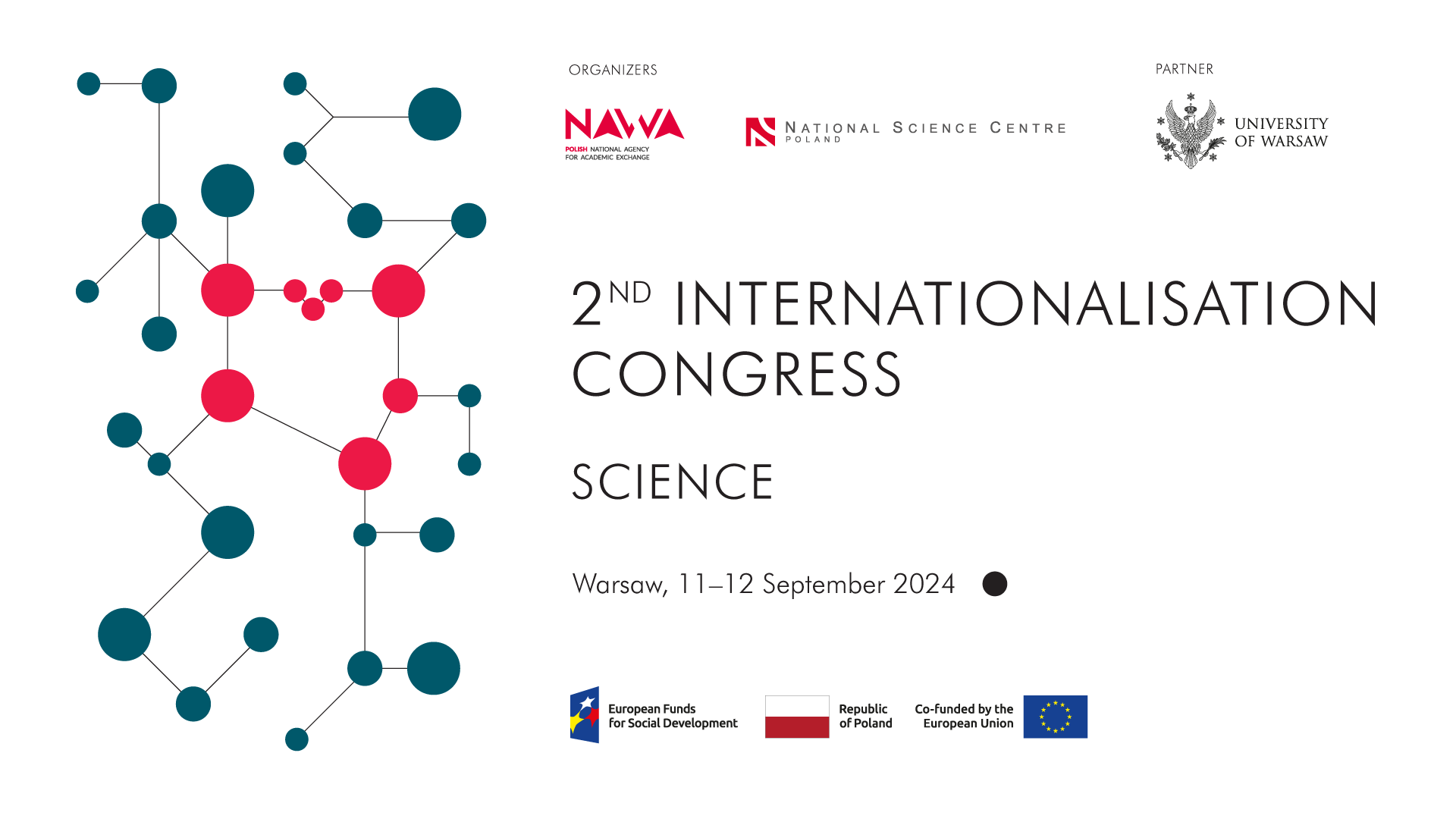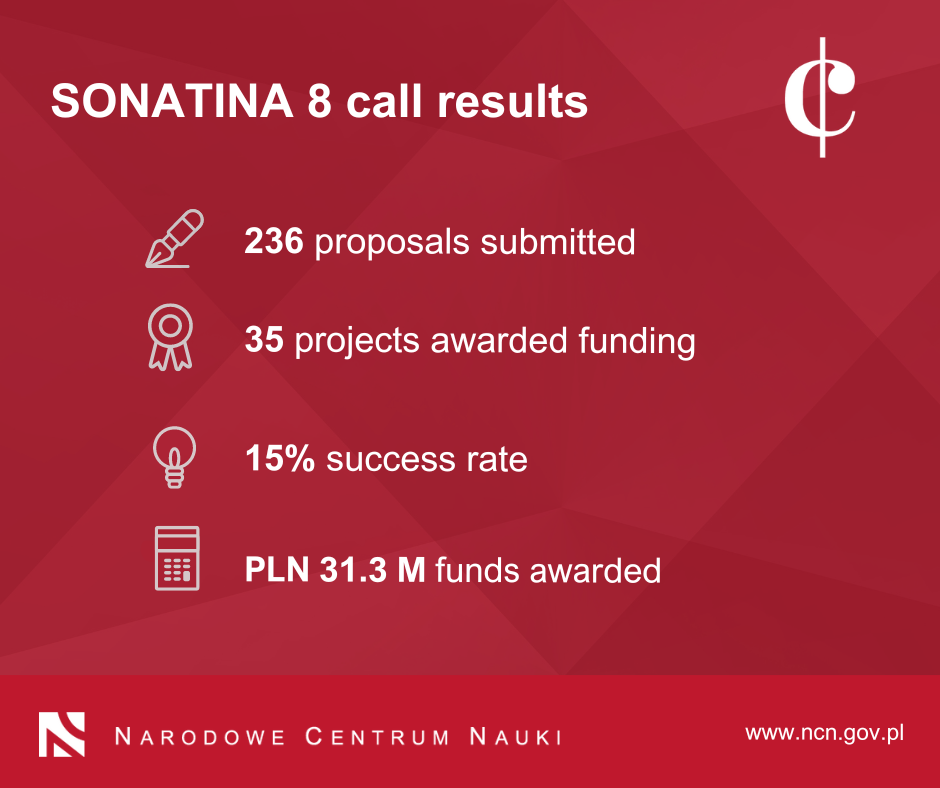Nearly 3.8 million zlotys for research activities
95 researchers will have their research activities funded under MINIATURA 8. The fourth ranking list for proposals submitted in May is now available.
Under MINIATURA 8, researchers with a PhD degree who work for Polish research institutions could apply for funding of 5 to 50 thousand zlotys for their preliminary/ pilot studies, library and archive searchers, fellowships, research visits and/ or consultations.
25 winning applicants selected by the experts will perform their research activities in Arts, Humanities and Social Sciences. Funding was awarded to projects involving, above all, sociology, socio-economic geography and town planning. Dr Joanna Popławska from the Warsaw School of Economics will perform pilot studies to analyse urban conversion of post-industrial areas for residential usage in Poland following Poland’s accession to the European Union in 2004. Dr Agata Trębacz-Ritter from the Adam Mickiewicz University in Poznań will develop a research tool to assess phonological skills in pupils with speech sound disorder in the course of her research and fellowship.
In Physical Sciences and Engineering, 31 researchers were awarded. They will conduct, inter alia, research activities on material engineering and earth science. Dr inż. Mateusz Ilba from the Krakow University of Economics will perform preliminary research on machine learning used to discover architectural sites. Dr inż. Maria Ratajczak from the Poznań University of Technology will analyse the use of FTIR mapping to assess the compatibility of SBS-modified asphalt.
In Life Sciences, funding was awarded to 39 researchers to study, inter alia, cell biology and neurobiology as well as diseases of civilization and E&S risks to animals and people. Dr Kamila Soboska from the University of Lodz will develop an in vitro research model to analyse the effects of ketosis on the formation of new blood vessels within a tumour, while Dr Monika Michalak from the Jan Kochanowski University of Kielce will examine whether or not plant extracts promote wound healing by activating the MAPK and Akt signalling pathways.
Research activities recommended for funding on MINIATURA 8 ranking list No 4
Ranking list No 4 in pdf format.
Funding per panel:
- Art, Humanities and Social Sciences: 669,534 zlotys
- Physical Sciences and Engineering: 1,265,926 zlotys
- Life Sciences: 1,834,286 zlotys
MINIATURA 8
MINIATURA aims to support research activities for the purposes of future research projects the funding for which may be requested under NCN calls or other national or international calls. Under MINIATURA 8, 5,000 – 50,000 zlotys is up for grabs for research activities performed over a period of up to 12 months.
The total budget for this call edition is 20 million zlotys divided in proportion to the number of months of the call for proposal. Proposals can only be eligible for funding if they fit into the pool of available funds for the month.
Funding of preliminary/ pilot studies, library and archive searchers, fellowships, research visits and/ or consultations may be requested by researchers who have been conferred their PhD degree after 1 January 2012 and have never been principal investigators in NCN-funded projects. Their scientific achievements must include at least one paper published or at least one artistic achievement or achievement in research in art. They must not be the winning applicants of an ETIUDA call for doctoral scholarships or a call for NCN-funded fellowships, or applicants, principal investigators or fellowship candidates under proposals submitted to or recommended for funding under any other NCN call.
Service of Decisions
On 22 August 2024, positive and negative decisions for proposals submitted to MINIATURA in May 2024 were served on the applicants. Grounds for the decisions are available in the OSF submission system where the status of proposals can also be checked.
Decisions are served on the applicants in an electronic format to their Electronic Delivery Box (ESP (ePUAP)) address specified in the proposal. If you have not received the decision, make sure that your ESP (ePUAP) address is correct and if it is not, contact the NCN Program Officer named in the OSF submission system.


